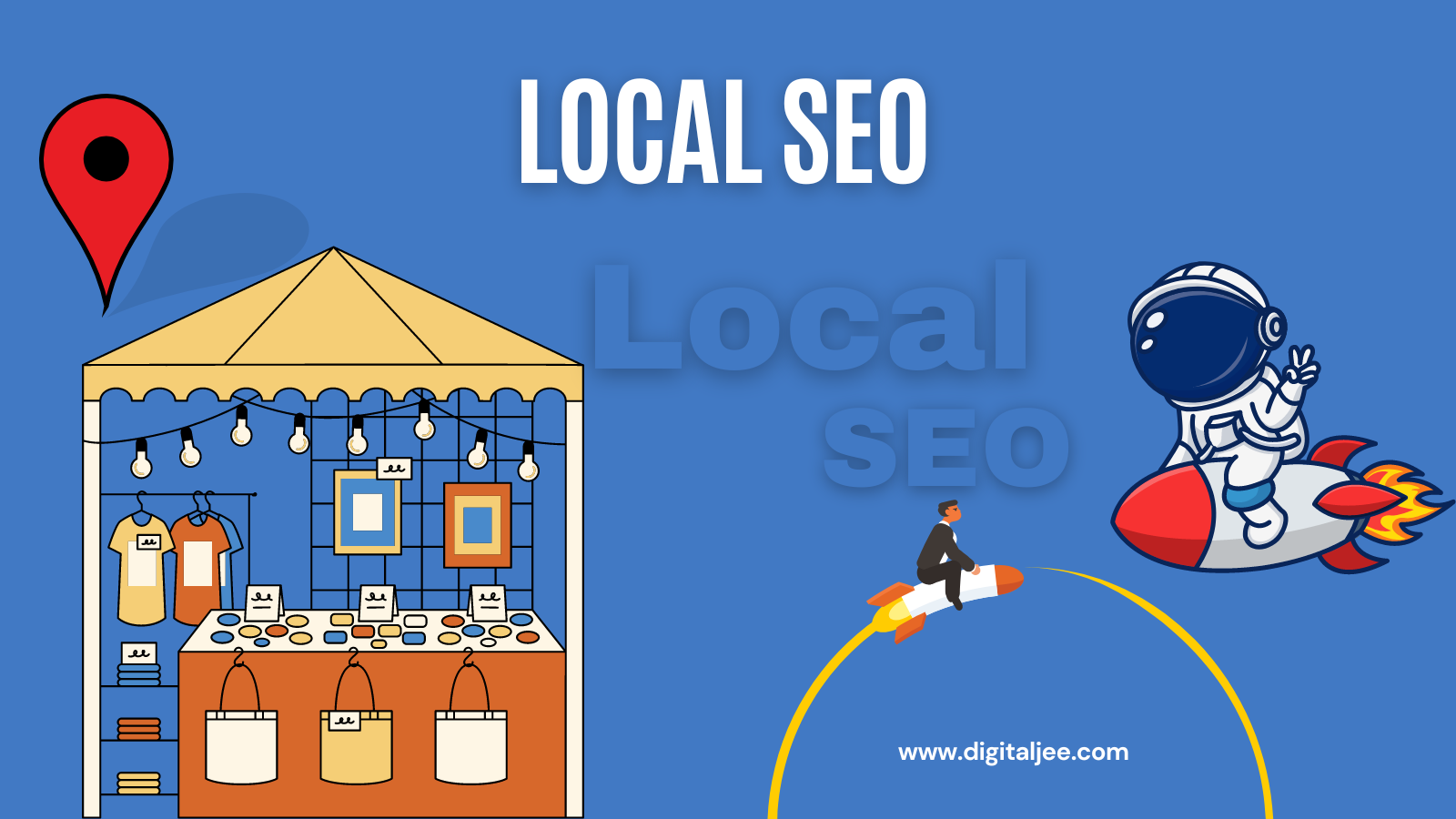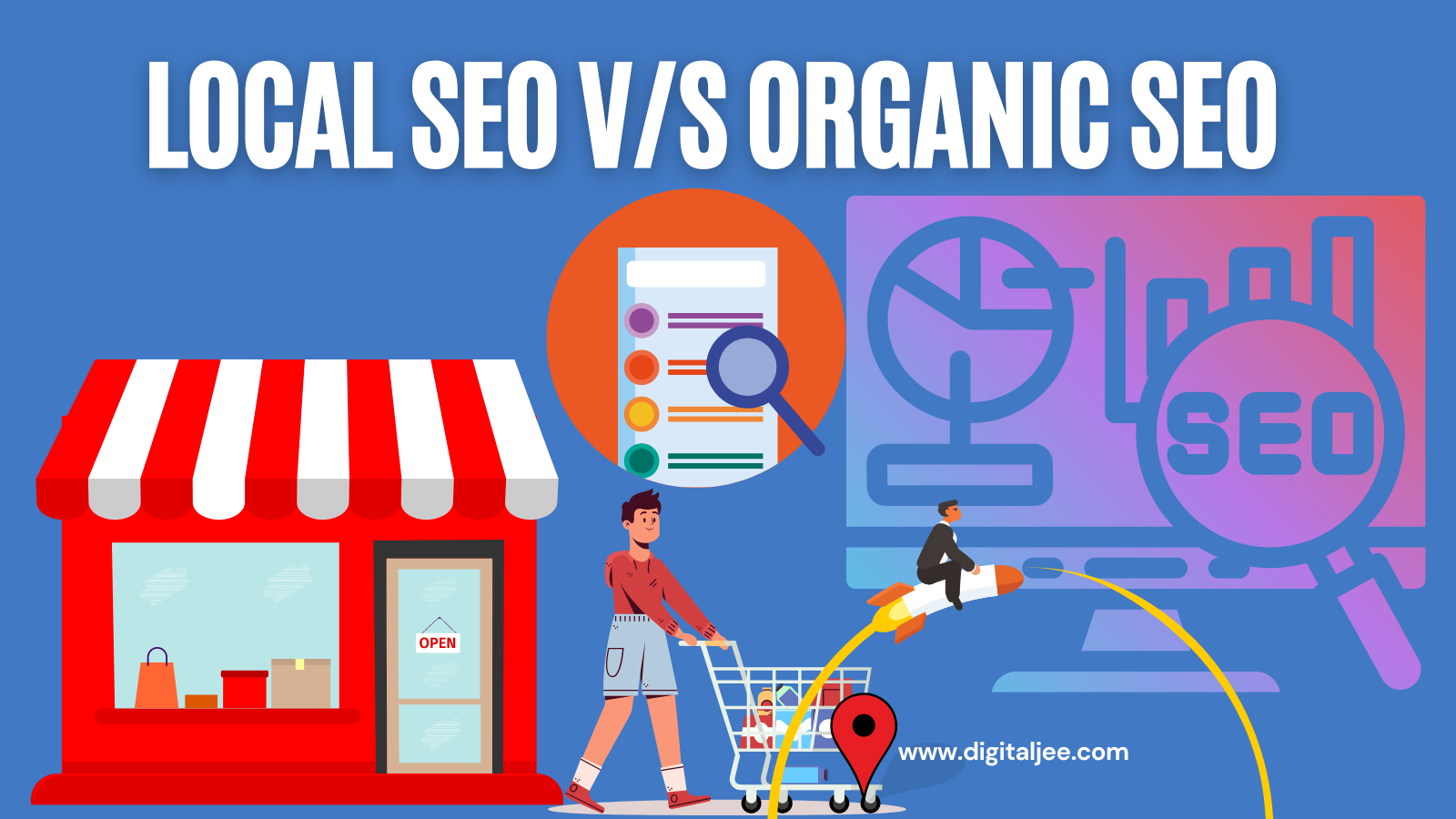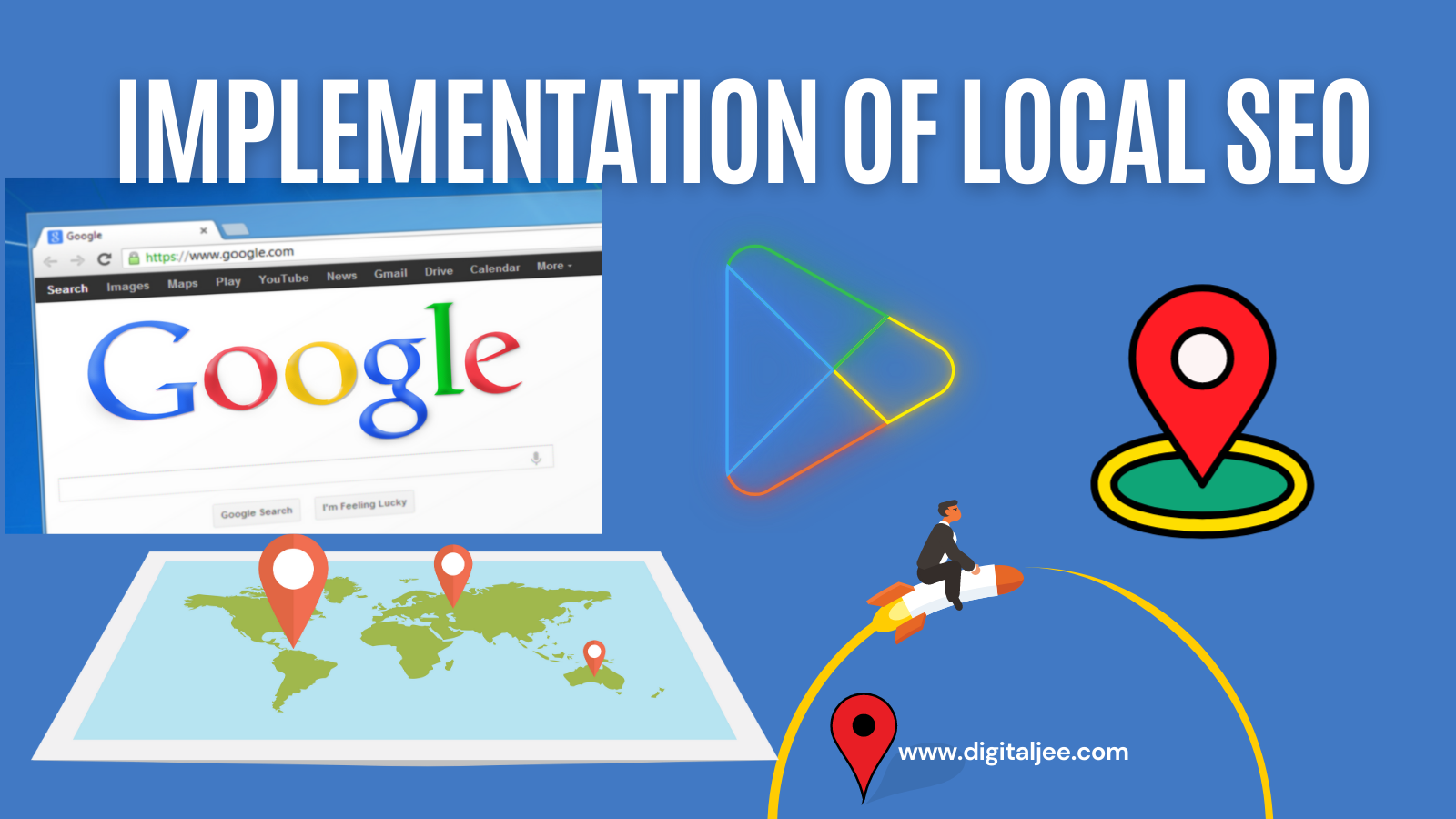Local search engine optimization (SEO) is a critical component of digital marketing that helps businesses rank higher on search engines in specific geographic areas. If your business is looking to increase its online visibility and attract more customers in your local area, you may be wondering if local SEO is the right strategy for you. In this article, we’ll explore the ins and outs of local SEO. Which will help you determine if it’s the right fit for your business.
Table of contents
Related Article For You: Which Business Is Likely to Benefit from Local SEO Practices? Must Read.
What is Local SEO?

Local SEO is the practice of optimizing your website and online presence to rank higher in search engine results pages (SERPs) for location-based searches. For example, if you own a pizza restaurant in New York City, local SEO can help your website appear at the top of search results when someone searches for “Chinese restaurant near me” or ” Chinese pizza in NYC.”
Local SEO strategies typically involve optimizing your website’s content and structure, building local citations, and generating online reviews. In addition, optimizing your Google My Business (GMB) listing is a crucial component of local SEO.
The Benefits of Local SEO
There will be numerous benefits to implementing a local SEO technique for your business. These include:
- Increased Online Visibility: By ranking higher in search results for location-based searches, you can increase your online visibility and attract more potential customers to your website.
- Targeted Traffic: Local SEO helps you target customers who are most likely to visit your physical location or use your services in your local area.
- Increased Website Traffic: Higher search engine rankings can lead to increased website traffic, translating into more leads and sales for your business.
- Increased Trust and Credibility: Positive reviews and high search rankings can help establish your business as a trusted and credible local resource.
Local SEO vs. Organic SEO

While both local and organic SEO involves optimizing your website to rank higher in search results, there are some key differences between the two. Organic SEO focuses on ranking for general keywords and phrases related to your business, while local SEO is geared toward location-based searches.
For example, if you run an online clothing store, organic SEO would focus on ranking for general keywords like “women’s clothing” or “fashion accessories.” Local SEO, on the other hand, would focus on ranking for location-based keywords like “women’s clothing store in Los Angeles” or “fashion accessories in Chicago.”
How to Know If Your Business Needs Local SEO
Now that you understand what local SEO is and how it differs from organic SEO, let’s take a look at how to know if your business needs local SEO.
You Have a Physical Location
If your business has a physical location, whether it’s a storefront, office, or warehouse, local SEO is essential. This is because customers are more likely to search for businesses in their local area when looking for products or services.
You Target Local Customers
If your business targets customers within a specific geographic area, implementing a local SEO strategy can help you reach those customers more effectively. For example, if you own a landscaping company that services a specific city or neighborhood, local SEO can help you attract more customers in that area.
You Have Competition
If your business operates in a competitive industry, local SEO can help you stand out from the competition. By effective optimization of your website and your business’s online presence for local search, you can significantly improve your visibility and gain a competitive advantage by attracting a larger customer base.
You Want to Increase Your Online Visibility
If you’re looking to increase your online visibility and attract more customers through search engines, local SEO is a great strategy to consider. By appearing at the top of search results for location-based queries, you can attract more high-quality traffic to your website and generate more leads and sales for your business.
How to Implement Local SEO

If you’ve determined that local SEO is the right strategy for your business, here are some tips to help you get started:
Related Article For You: How to Do Local SEO for Google My Business: Complete Guide Must Read.
Optimize Your Google My Business Listing
A crucial element of any local SEO strategy is the proper management and optimization of your Google My Business listing. Make sure your listing is complete and accurate, including your business name, address, phone number, website, and hours of operation. Encourage customers to leave reviews on your GMB listing to improve your online reputation.
Build Local Citations
When your business is mentioned on other websites, like review sites, directories, and social media platforms, it is known as a local citation. Make sure your business information is consistent across all of these platforms, and aim to build citations on high-quality, authoritative sites.
Generate Reviews
Positive reviews can help boost your search rankings and establish your business as a trusted and credible local resource. Encourage customers to leave reviews on your GMB listing, as well as other review sites like Yelp and TripAdvisor.
Create Local Content
Creating high-quality, location-specific content on your website can help boost your search rankings and attract more local traffic. Consider creating blog posts, videos, or other types of content that showcase your expertise and knowledge of your local area.
Use Local Keywords
Including location-based keywords in your website content and metadata can help improve your search rankings for local queries. Make sure to include your city or region in your website’s title tags, meta descriptions, and header tags.
Local SEO Best Practices
Here are some best practices to keep in mind when implementing a local SEO strategy:
Consistency is Key
Make sure your business information is consistent across all online platforms. Which includes your website, GMB listing, and other directories and review sites.
Focus on User Experience
Optimize your website for a positive user experience, including fast load times, easy navigation, and high-quality content.
Keep Your Website Up-to-Date
Regularly update your website with fresh, relevant content to keep it engaging and informative for your audience.
Monitor Your Analytics
Track your website’s performance using tools like Google Analytics to identify areas for improvement. And measure the effectiveness of your local SEO strategy.
Common Local SEO Mistakes to Avoid
Let’s see some common local SEO mistakes which we should avoid:
- Neglecting your Google My Business listing or allowing it to become outdated.
- Focusing too much on keyword stuffing and not enough on creating high-quality, user-friendly content.
- Failing to optimize your website for mobile users.
- Avoiding negative reviews or not fixing customer feedback can impact your business.
- Overlooking the importance of local citations and backlinks.
Conclusion
Implementing a local SEO strategy can be a game-changer for businesses. Especially if you are looking to increase their online visibility and attract more customers in their local area. By optimizing your website and online presence for location-based searches, you can improve your search rankings. And can attract more high-quality traffic, and generate more leads and sales for your business. First, remember to focus on creating high-quality, informative content, and building citations. And then creating backlinks, and monitoring your analytics to measure the effectiveness of your strategy.
FAQs
What is local SEO and its objective?
The primary objective of local SEO is to enhance the online visibility of a business in local search results, making it a vital digital marketing strategy. By optimizing their website and online presence for location-based queries, businesses can attract more high-quality traffic from customers in their local area.
2. How can you optimize your Google My Business (GMB) listing?
When your business is featured on other online platforms like directories, review sites, and social media platforms, it is referred to as a local citation. Encourage customers to leave reviews on your GMB listing and respond to any customer feedback promptly.
3. What are local citations?
Local citations mean, when your business is mentioned on other websites, such as review sites, social media platforms, directories, etc, they help improve your online presence and establish your business as a credible local resource.
4. How do I generate more positive reviews for my business?
You can ask or encourage your customers to provide reviews on your Google My Business listing. And approach other platforms like Yelp, TripAdvisor, etc. for the same That can be highly beneficial. Respond to any customer feedback promptly and aim to provide an exceptional customer experience to encourage positive reviews.
5. How much time does it take to reflect results from a local SEO strategy?
The timeline for reflecting results from a local SEO strategy can vary. Because it depends on a variety of factors, including your competition, and the strength of your online presence. And the effectiveness of your optimization efforts. It’s important to be patient and consistent with your strategy. And try to monitor your analytics to track your progress over time.

